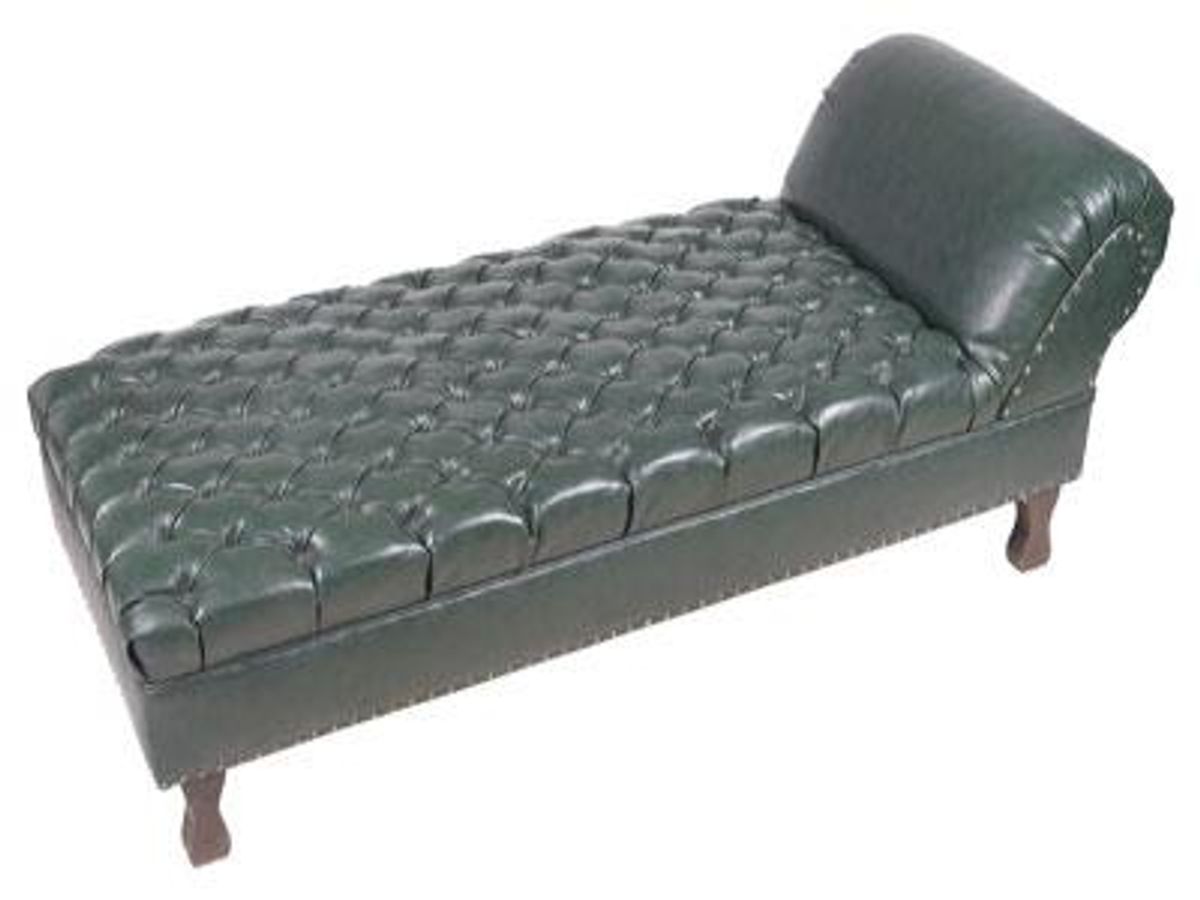There's no doubt that with the California state legislature passing a bill to ban therapies aimed at trying to "change" the sexual orientation of minors, "reparative therapy" is once again going to make headlines. I was in a form of reparative therapy in British Columbia, Canada, for six years, after which I filed a medical malpractice suit against my former psychiatrist, "Dr. Alfonzo," for treating my homosexuality as a disease. If this new law in California is to be criticized, it is because the use of "change" therapies on people older than 18 should be prohibited as well. I was 24 when I met Dr. Alfonzo, 31 when I left his therapy, and almost 40 when the lawsuit ended in an out-of-court settlement in 2003.
In 1989. I entered Dr. Alfonzo's care after coming out as gay and being rejected by my family. Within months, Alfonzo presented me with conflicting causation theories, said that I would never be happy as a homosexual, that my same-sex desires were the result of faulty parenting, and so my body had been trained, "through years of homosexual activity," to respond only to men. To help reclaim my "innate heterosexuality," Alfonzo directed me to release my anger and to feel my pain in an effort to "unlearn the error" of my homosexuality. My therapy would be like "peeling an onion," he said. With each layer of childhood pain that I "worked through," my false, homosexual identity would drop away to reveal my true, heterosexual self.
Three years into the therapy I suffered a physical and mental breakdown precipitated by prolonged, near-fatal doses of five concurrent psychotropic medications, one of the many ways Alfonzo "helped" suppress my libido so that I could "flip over to the other side" (to heterosexuality). When it became clear, despite the medications and almost-daily "feeling therapy," that my same-sex erotic desires were not diminishing, Alfonzo ordered me to bottle my feces and to sniff it whenever I was attracted to a man. "You need to be reminded where homosexual men stick their penis," he said. "You need to be reminded that homosexual relations are not pleasurable." When none of that worked -- I was still attracted to men, only now all erotic desire seemed to elicit the smell of feces -- Alfonzo threatened to hook my genitals up to electrodes. "Without my help," he told me weeks later, "you'll probably just get AIDS and die."
In 1997, two years after leaving the therapy, I filed a malpractice suit against Alfonzo on the grounds, among others, that he had treated my homosexuality in an effort to change me into a heterosexual. As the years dragged on, however, it became increasingly clear that the focus of the lawsuit would have less to do with what Alfonzo had or had not done in an effort to "change" my homosexuality, and more with whether or not homosexuality, as a medically definable category, was still considered "treatable." Citing the American Psychiatric Association's then (and current) position that homosexuality was still considered "a problem to be addressed when it caused distress to an individual," defense lawyers claimed that Alfonzo had not treated my homosexuality, per se, but my "persistent and marked distress about sexual orientation."
Reparative therapy "works," for those who end up claiming to have changed from gay to straight, by dissociation: The person undergoing treatment is viewed as separate from their sexuality, and so they dissociate themselves from everything they have conflated with the idea of "being gay."
 Left: Peter Gajdics
Left: Peter GajdicsIn retrospect I could see that I had always objectified my sexuality; for nearly six years I had talked about "leaving homosexuality" as if "the gay world" was a thing in itself, some "thing" that I could leave behind, move beyond. But if my experiences taught me anything it was that a change to the "map" of my identity from homosexuality to heterosexual would never change the "territory" of my experience from same-sex to opposite-sex desire. A map is not the territory it represents. "Chasing symbols is like settling for the map instead of the territory," Deepak Chopra once wrote. "It creates anxiety; it ends up making you feel hollow and empty, because you exchange your Self for the symbols of your Self."
Reparative therapy confuses the map for the territory: The patient erroneously believes that by changing their map of identity they will also, perhaps through an act of providence or magical thinking, change their territory of experience. They don't. What they do experience while in treatment is cognitive dissonance (identifying as heterosexual while experiencing same-sex erotic desire), and they often leave treatment dissociated, depersonalized, depressed, and, at times, suicidal.
The idea that reparative therapy "repairs" anything, let alone changes erotic desire, is, to paraphrase author Joan Didion, a story we have told ourselves in order to survive. When we talk about reparative therapy we are really talking about suppression of desire, about dissociation, depersonalization -- we are talking about the incommensurable trauma that lives on in the person who has undergone what I now consider to be psychic lobotomy, where the "surgeon" probes into the psychosexuality of the individual, cutting and scarring their way toward the establishment of a "different" sexuality, while the "patient," severely undermined by lifelong messages of heteronormativity, becomes co-conspirator in their own loss of agency.
Enacting laws to make it illegal to practice reparative therapy on anyone under the age of 18 is only a start. Reparative therapy may be a lie, but the lie begins not with the idea that we can change from gay to straight, but with the belief that we are who the culture tells us we are, that a change to the map of our identity is a change to the territory of our experience. And no one, no matter what age, is safe from that.
PETER GAJDICS lives in Vancouver, Canada.
































 Left: Peter Gajdics
Left: Peter Gajdics

















































